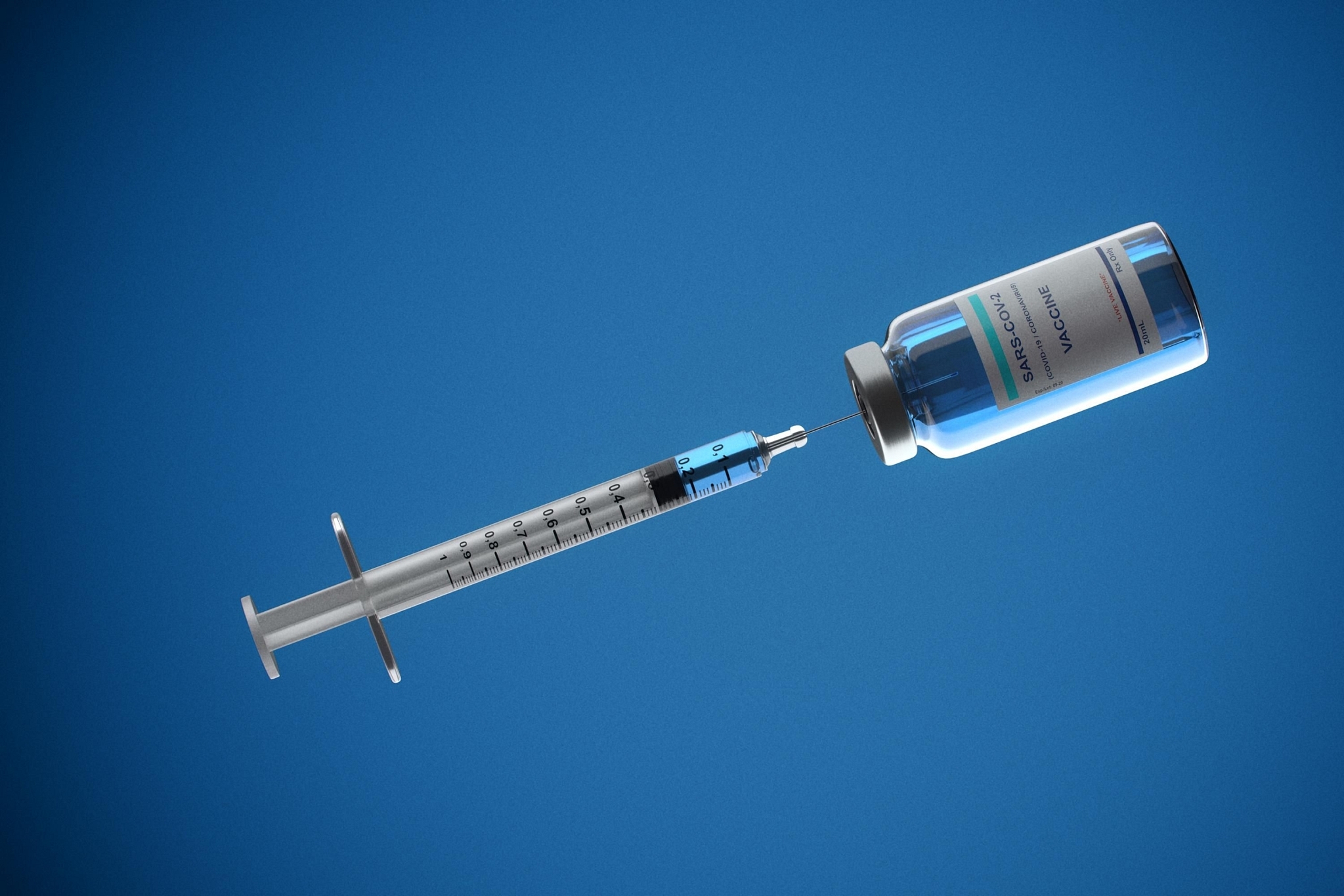Science
Boston Scientists Are Working On A 'Homemade' Covid Vaccine, But Are Yet To Get Greenlight From WHO
- The scientists are currently working on an open-source, homemade, low-tech vaccine against the Coronavirus-caused disease that costs very little per dose.
- But experts have cautioned against such 'misadventures', saying it could destroy public confidence in the institution of vaccination.

Representative image for Covid-19 vaccine (freepik)
Even after the capacity to manufacture millions of vaccine doses has increased around the world, there are concerns that it will be not enough to stop the spread of the novel Coronavirus by the end of 2021.
But a group of scientists from America’s Boston area has found a potential solution to this issue which could put millions of people around the globe at risk because of inaccessibility to Covid-19 vaccines.
The group of experts is called Rapid Deployment Vaccine Collaborative or RaDVaC.
The scientists are currently working on an open-source, low-tech vaccine against the Coronavirus-caused disease that costs very little per dose.
The most interesting fact about this vaccine is that it can be prepared at home, said the chief scientist, Preston Estep.
But this potential vaccine candidate hasn’t yet been proven to work against SARS-CoV-2 and it hasn't received a green signal from international regulators.
It also hasn’t gone through clinical trials like currently available Covid-19 vaccines — Moderna, Pfizer, AstraZeneca, Covaxin and Johnson & Johnson.
However, as of now, the scientists have tested the potential vaccine candidate on themselves and other colleagues from Harvard Medical School.
Estep, who has written a book on foods that promote brain longevity, said that making the low-cost vaccine is easier than “a lot of recipes in cookbooks”.
The recipe to make this unique vaccine is open-source, which means that anyone can use it.
As reported by AlJazeera, Estep said: “We want other people to have the design. So, we share the design and start making the vaccine and then we start testing it on ourselves.”
Jutta Paulus, a Green Party member of the European Parliament from Germany said that she has spoken to the World Health Organization (WHO) and the European Union regulators about backing and testing the potential vaccine candidate.
But since there is no progress, Paulus is now talking to non-governmental organizations and foundations.
“I would have taken this vaccine experimentally. My personal belief is that the risk is low, and I wouldn’t expect a lot of adverse reactions, but it has to be investigated,” she said.
How Does It Work?
The vaccine includes saline solution, proteins that are similar to those of the coronavirus and cross-linking chemicals such as one called chitosan that is made from shellfish and insect carapaces.
As per the scientists, the vaccine is a combination of portions of coronavirus proteins that can be recognised by the human immune system.
The experts at the RaDVaC take those portions of proteins, known as peptides and use chitosan — a sugar that is obtained from the hard outer skeleton of shellfish — to pull them together into nanoparticles that are similar in size to viruses.
When these nanoparticles are snorted, they are attracted to the negatively charged nasal lining.
According to the scientists, the nanoparticles will be recognised by the immune system and help to produce antibodies, making the T-cells fight against the pathogen.
A protective nasal pathway is a key to restrict the pathogen from getting inside the body.
Since the vaccine is simple to produce, it can be relatively easy to modify. Estep said that this idea has worked in animal testing.
“We have the first vaccine that addresses those variants of concern. Because we’re not constrained by all these clinical trials and regulatory hoops, we can start making these designs and testing them very quickly,” said the chief scientist.
However, in terms of such homemade vaccines, earlier University of Illinois law professor Jacob Sherkow has urged citizen scientists against experimenting with inoculating against Covid-19.
He said people should understand that every home remedy is not necessarily going to help, and some may very well be fatal.
He also warned that the biohackers creating and self-administering unapproved and unproven vaccines run the risk of endangering public health and undermining public trust in all vaccines.
"A homemade Covid-19 vaccine is perhaps more dangerous than people would like to believe," he added.
So, until the regulators are giving a green signal to this candidate, trusting such solutions will not be an ideal step during the current global healthcare crisis.
Support Swarajya's 50 Ground Reports Project & Sponsor A Story
Every general election Swarajya does a 50 ground reports project.
Aimed only at serious readers and those who appreciate the nuances of political undercurrents, the project provides a sense of India's electoral landscape. As you know, these reports are produced after considerable investment of travel, time and effort on the ground.
This time too we've kicked off the project in style and have covered over 30 constituencies already. If you're someone who appreciates such work and have enjoyed our coverage please consider sponsoring a ground report for just Rs 2999 to Rs 19,999 - it goes a long way in helping us produce more quality reportage.
You can also back this project by becoming a subscriber for as little as Rs 999 - so do click on this links and choose a plan that suits you and back us.
Click below to contribute.
Latest